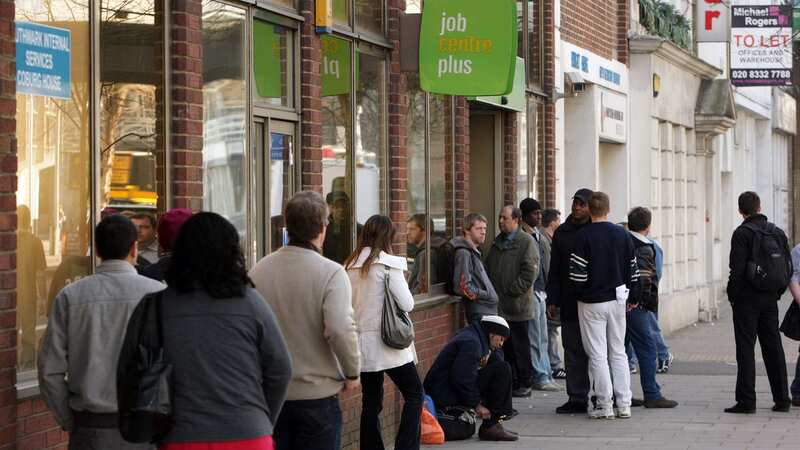DWP benefit payments set for huge shake-up this week including Universal Credit
Benefits including Universal Credit will be paid early for thousands of people this week thanks to the New Year bank holiday.
New Year's Day (January 1) falls on a Monday - so if you're due a benefit payment on this date, you'll be paid the previous working day. Certain benefits may also be affected if they're due on Tuesday, January 2, or Wednesday, January 3.
Being paid early may sound great, but it means you'll need to make your money last longer as you'll have a bigger gap until your next benefit payment. We explain everything you need to know about Department for Work and Pensions (DWP) and HMRC benefit changes over the next few days.
Benefit payment dates over New Year weekend
If you're due a benefit payment on Monday, January 1, then you should be paid on Friday, December 29. Tax Credit claimants who are normally paid on Tuesday, January 2, will also be paid on Friday, December 29. If you live in England or Northern Ireland and you're due a Tax Credit payment on Wednesday, January 3, then the money should hit your bank account on Tuesday, January 2.
If you're due to be paid on a different day, you won't need to do anything - the money will be paid into your account as normal. The amount you get will also remain the same and it will also be paid into the same account you normally receive your benefit payment.
 8 money changes coming in February including Universal Credit and passport fees
8 money changes coming in February including Universal Credit and passport fees
When are benefits normally paid?
How often you get paid your benefit depends on what type of support you claim. For example, you’ll get paid Universal Credit on the same day each month, while Tax Credits are typically paid every four weeks or weekly.
Child Benefit is usually every four weeks on a Monday or Tuesday. See the full list of how often certain benefits are paid below:
Attendance Allowance - Usually every four weeks
Carer’s Allowance - Weekly in advance or every four weeks
Child Benefit - Usually every four weeks, or weekly if you’re a single parent or you or your partner get certain benefits
Disability Living Allowance - Usually every four weeks
Employment and Support Allowance - Usually every two weeks
Income Support - Usually every two weeks
Jobseeker’s Allowance - Usually every two weeks
Pension Credit - Usually every four weeks
 Warning as millions on Universal Credit could miss out on hundreds of pounds
Warning as millions on Universal Credit could miss out on hundreds of pounds
Personal Independence Payment - Usually every four weeks
State Pension - Usually every four weeks
Tax credits - Every four weeks or weekly
Universal Credit - Every month
What should I do if I don't get paid?
If your expecting a payment and it doesn't arrive, you should contact the relevant helpline. Do keep in mind Jobcentres and phone lines will be closed on all three bank holidays, so you'll need to call after these days.
Universal Credit:
Call for free: 0800 328 9344
Welsh speaking: 0800 012 1888
Textphone: 0800 328 1344
Child Benefit:
Call for free: 0300 200 3100
Outside UK: +44 161 210 3086
Tax Credits:
Call for free: 0345 300 3900
From outside the UK: +44 2890 538 192
Jobseeker’s Allowance, Income Support, Incapacity Benefit and Employment and Support Allowance:
Call for free: 0800 169 0310
Textphone: 0800 169 0314
Relay UK (if you cannot hear or speak on the phone): 18001 then 0800 169 0310
Read more similar news:
Comments:
comments powered by Disqus


































